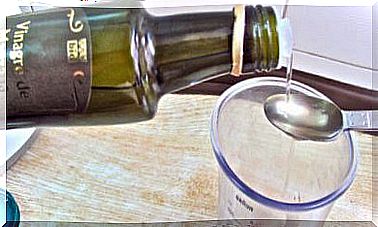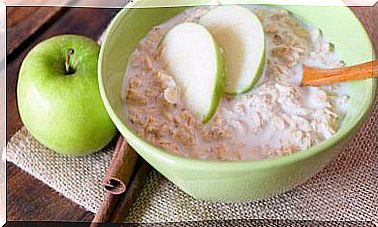Licorice Root – A Remedy To Soothe Your Stomach

Today we are going to talk about licorice root, something that can help calm your stomach. Licorice root, Glycyrrhiza glabra, has long been used as a remedy for various types of ailments.
The food industry also uses it as a sweetener and to soften the taste of a number of medicines because of its characteristic sweet taste. You can also find it in the form of herbal teas, capsules, extracts, and supplements. The aim is to alleviate digestive problems, menopausal complaints and infections, among other things.
Okay, but is it safe? Is there any evidence regarding the supposed properties? There is not yet enough evidence to consider this root as a treatment for diseases. However, a number of studies support its use as a supplement for digestive problems.
Properties of licorice root

First, let’s briefly summarize the properties of licorice root. According to information published in Acta Pharmaceutica Sinica B (English link) , this plant contains more than 20 triterpenoids and almost 300 flavonoids. These could explain the pharmacological properties. Some of its features:
- Antiviral
- Antimicrobial
- Antioxidant
- Anti-inflammatory
For now, there is still limited evidence in this regard and licorice root is still being studied. However, a number of researchers suggest that its effects for the future development of effective affordable drugs are promising.
Licorice Root Can Soothe Your Stomach
There is a common belief that a number of chemicals in licorice root, such as flavonoids, can help reduce bloating and speed up the relief of gastrointestinal problems. There is no solid evidence yet, but a number of studies have led to interesting findings.
For example, a double-blind study published in the medical journal Evidence-Based Complementary and Alternative medicine found that an extract of glabridin and glabridin flavonoids, in licorice root, was helpful in calming the stomach such as nausea, abdominal pain and heartburn. .
In addition, a review published in Phytotherapy Research states that glycyrrhizic acid, contained in this root, has anti-inflammatory and immunostimulating properties that help fight H. pylori bacteria, a microorganism that causes various digestive disorders, such as ulcers.
This was also proven in a clinical trial published in The Brazilian Journal of Infectious Diseases. In it, 120 people had positive effects in H. Pylori eradication after adding licorice extract to their standard treatment.
Contraindications

You should consult your doctor before taking licorice root as a supplement for digestive problems to determine an appropriate dose for you. They can also help identify any contraindications or potential drug interactions.
According to information compiled by the National Center for Complementary and Integrative Health, no one should consume licorice in excessive amounts or for long periods of time. An excess can lead to high blood pressure and low potassium levels, which increase the risk of heart and muscle disease.
Its use during pregnancy is not recommended. Taking licorice root supplements while also taking diuretics can be harmful to the heart. Other possible drug interactions include:
- Medicines to regulate the heart rate
- Potassium Reducers
- Blood thinners such as warfarin
- Estrogens, Hormone Therapy and Birth Control Pills
- Corticosteroids
How To Use It To Soothe Stomach Ailments
Currently, licorice root is available as chewable tablets, liquid extracts, capsules, powder and in its natural form. People often make an infusion of the latter. However, you should consume it in moderate amounts to avoid side effects.
To soothe an upset stomach, add some licorice extract to a natural drink, hot water is great for it. You can also put a few drops directly under the tongue to relieve heartburn.
In any case, keep in mind that this is not the first choice treatment for digestive system disorders. Therefore, consult your doctor if you have digestive problems.









